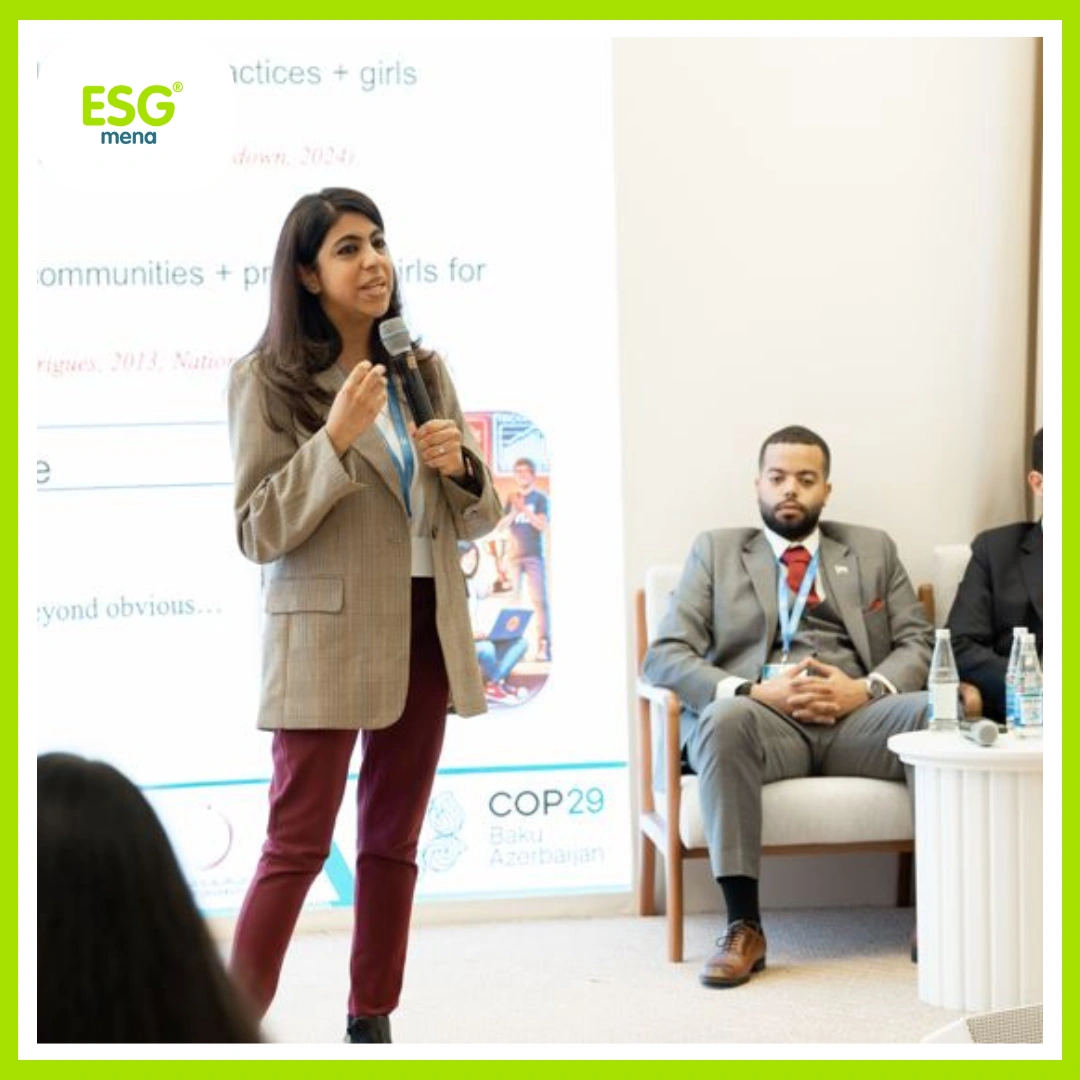In the southern tip of Bangladesh, near the Port of Mongla, four villages stand at the mercy of rising waters. In these villages, young girls wake up before dawn, walk long distances to school (if one is open) and then return home to care for siblings, work in family farms, or repair storm-damaged homes. Their lives are shaped by climate change in ways few reports capture. And yet, amid the hardship, these girls dream of becoming doctors, engineers, or scientists, dreams that remain painfully out of reach without systemic support.
The link between girls’ education and climate action is not just moral; it’s scientific. According to Project Drawdown, educating girls could help prevent nearly 75 gigatons of carbon emissions by 2050. This is because educated women are more likely to invest in renewable energy, make sustainable choices, and contribute to climate-resilient communities. And yet, only 30% of the world’s STEM professionals are women. In many climate-vulnerable regions, especially in the Global South, this figure drops to single digits.
This reality is personal for me. Growing up, I spent a lot of time in the old Dubai Zoo, the daughter of a wildlife conservationist, surrounded by rescued animals and constant conversations about nature and survival. As a university student, I led UOWD’s first Environment Club and was honoured by SONY Gulf and the UAE government for my early research on Dubai’s biodiversity. Though my academic career led me into digital ethics and information technology, advancing young women’s opportunities in shaping sustainable futures has always remained close to my heart.
That calling became clear in 2017, when I travelled to the Sundarbans as part of a project with Channel i’s Prokriti O Jibon Foundation, supported by UOWD. There, I met girls who were intelligent, imaginative, and filled with ambition, yet systematically excluded from the tools and knowledge they needed to lead. What they lacked wasn’t curiosity, but access. That experience reframed my purpose.
Back in Dubai, I channelled that purpose into action. For several years now, I have been running the Tech-G Camp, a program designed to encourage girls in the UAE to explore STEM pathways. Over time, one recurring question from participants kept surfacing: Where can we learn more about sustainability, climate change, and how we can help?
That question led to the creation of Climate Resilient Girls GPT (ResG-GPT), a custom-built generative AI tool designed using OpenAI’s ChatGPT-4 architecture and trained on curated, research-based content. ResG-GPT is purposefully limited in scope. It responds only to queries related to climate resilience, STEM education, and their intersections, avoiding irrelevant or unsafe topics to create a focused, supportive, and empowering experience.
It is not just a chatbot. It is a digital mentor for young women who want to understand the climate crisis and become part of the solution. In workshops and summer camps, we’ve seen how ResG-GPT deepens learning, fosters climate literacy, and inspires students to connect STEM skills with real-world challenges.
At the University of Wollongong in Dubai, we are proud to champion this work. Our curriculum emphasises ethical innovation, digital transformation, and problem-solving, key competencies for the climate leaders of tomorrow. We believe climate resilience is not only about technologies, it is about people. And it starts with access to knowledge.
One of our standout student initiatives reimagined the idea of value. In a campaign that gained attention for its boldness, they proposed replacing traditional wedding gifts of gold and diamonds with investments in girls’ STEM achievements or climate solutions. Why not gift a solar-powered tablet or a scholarship to an environmental coding camp instead? These small narrative shifts can challenge deep-rooted norms and steer collective imagination towards a more equitable future.
This vision took centre stage at COP29, where our PhD candidate Vidhi Sharma led a workshop titled “Spotlight on Girls, STEM, and Carbon Literacy.” The session showcased how early STEM education empowers girls to promote sustainable practices in their homes and communities, transforming them into grassroots climate leaders.
The Climate Resilient Girls GPT initiative is a bridge between local realities and global action. Born from stories in Bangladesh, developed in the UAE, and now shared on international platforms, it answers the urgent call for inclusive climate solutions.
We don’t need to “give voice” to girls. They already have powerful voices. We need to ensure they have access to knowledge, the confidence to use their voices, and the tools to shape their futures. In a world increasingly driven by AI, let’s make sure our technologies reflect our highest values: inclusion, fairness, and hope.
By: Dr Zeenath Reza Khan, Associate Professor, University of Wollongong in Dubai




